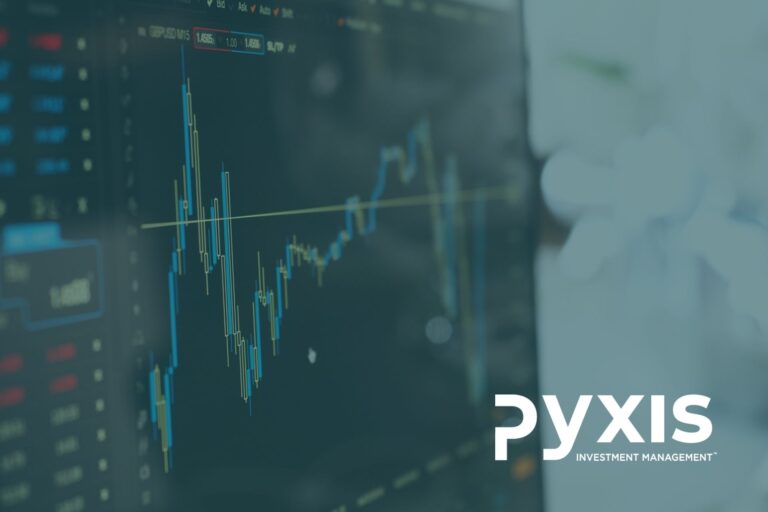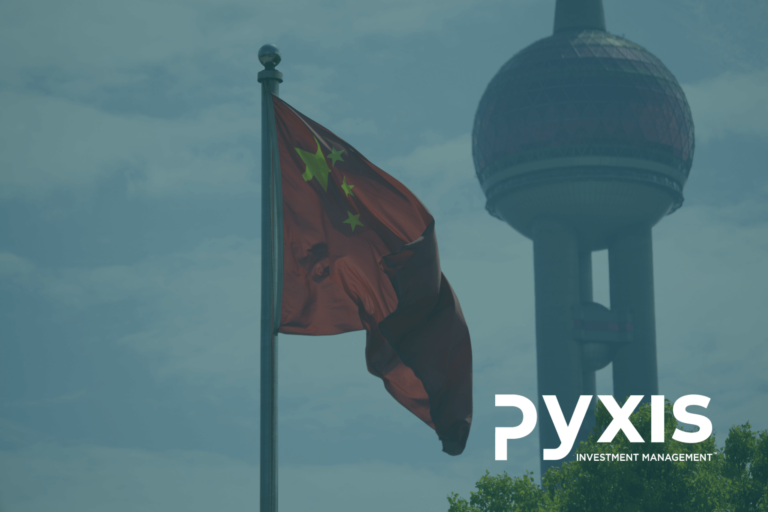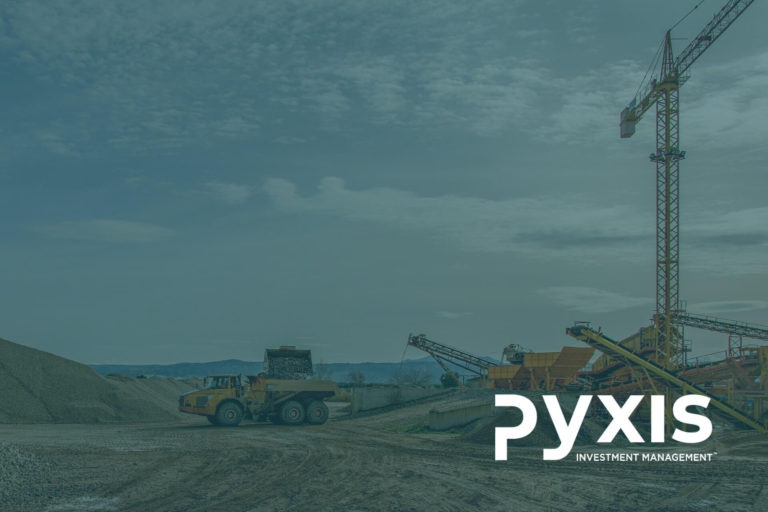The origins
Ukraine has been independent since the dissolution of the Soviet Union at the end of the Cold War in 1991. Despite its independence, the Ukraine has continued to be a target of the Kremlin since the early 2000s, with Vladimir Putin taking a more aggressive approach soon after Victor Yushchenko won the 2004 election, as opposed to Putin’s favoured Viktor Yanukovych.
Victor Yushchenko was known for more Western views, while Viktor Yanukovych opted to remain aligned with Moscow. Although Victor Yushchenko won the 2004 election, Viktor Yanukovych was elected at the 2010 elections and continued to serve the Ukraine for 4 years. Viktor Yanukovych continued to lean towards Russia and its philosophies throughout his time in office and in 2014 he chose to reject association with the EU in favour of Russia. His choice was not taken favourably and protests within Ukraine ensued. These protests inevitably led to him being ousted.
Russia retaliated by annexing the Crimean Peninsula and declaring it independent from the Ukraine. Although unsubstantiated and denied by Russia, many believe that Russia additionally sent troops to assist separatists in the Eastern region of Donbass.
In 2015, France and Germany managed to facilitate a decline of the conflict by initiating a peace agreement between Russia and the Ukraine. The two sides however continued to encounter political tension.
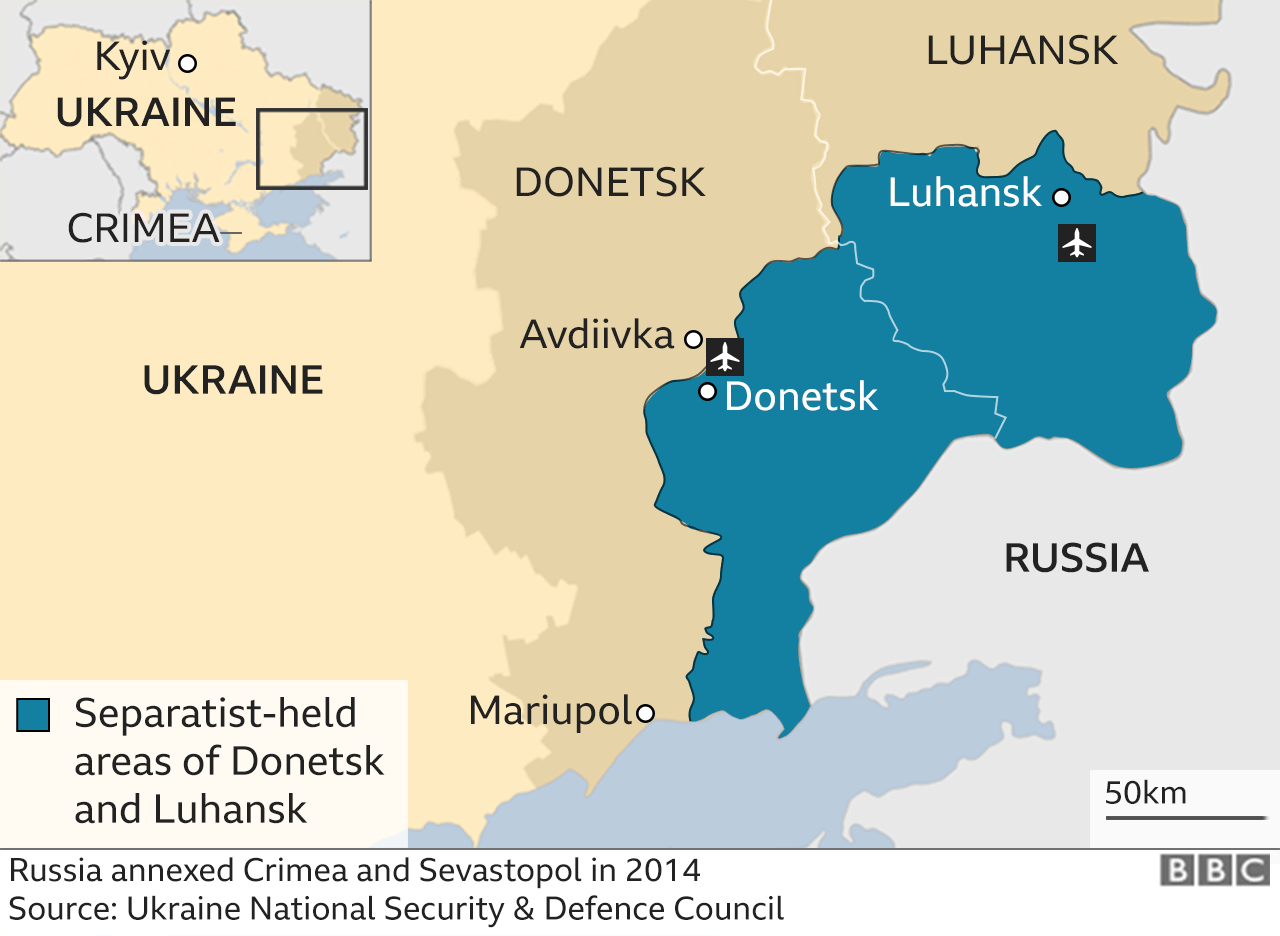
Fast forward to 2021
Early last year, tensions heightened with incidents of the 2015 ceasefire being broken, but Russia reduced its troops in April and tensions appeared to be relaxing. Satellite images of troops and heavy artillery have however revealed that Russia has been increasing its military presence along its borders since the end of last year. Troops have additionally been sited within Crimea.
Some believe Putin is using this as a scare tactic, others see it as fear of Western influence creeping into Russia and threatening his authoritarian regime. Although Russia continues to advise that the images are purely of military training, the West has become more involved in an attempt to ease tensions within the region
The North Atlantic Treaty Organisation (NATO), initially signed at the end of WW2, by Western countries, in opposition of the Soviet Union, now includes more Eastern countries.
Putin continues to try and maintain control over the former Soviet states of Ukraine and Belarus. Over the years, Ukraine has been receiving military assistance from the West. With Ukraine being right on her border, Russia is strongly in opposition of her joining NATO in fear of Ukraine aligning closer with the West.
Putin continues to try and maintain control over the former Soviet states of Ukraine and Belarus. Over the years, Ukraine has been receiving military assistance from the West. With Ukraine being right on her border, Russia is strongly in opposition of her joining NATO in fear of Ukraine aligning closer with the West.
Ukraine simply wants to retain its independence and has seen support from NATO and its members. The US has provided information on Russian troops and their deployment; the Pentagon has 8 500 troops on standby for deployment to the region; NATO has sent defence support; the UK has deployed around 2 000 anti-tank missile launchers (self-defence weapons), as well as troops to assist in the training of their use; and Germany plans on sending a field medical facility and providing economic stability.
The European Commission announced a EUR 1.2 billion emergency package for Ukraine, with the first EUR 600 million set to be disbursed soon after the commission meets with Ukraine to discuss the financial assistance programme.

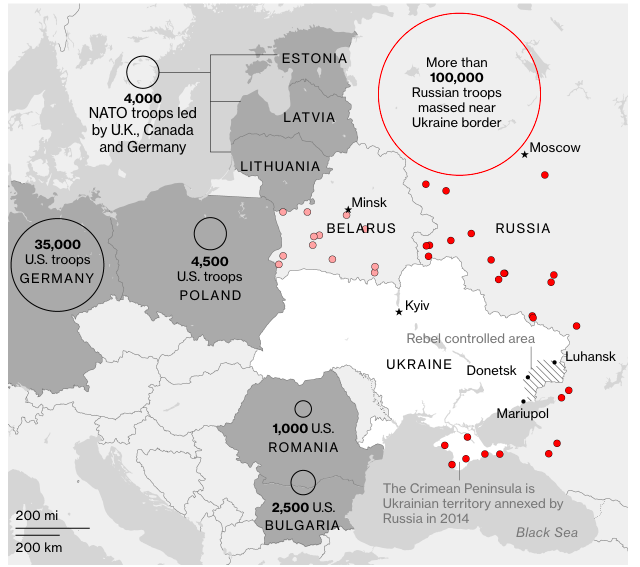

Putin would like legal guarantees that NATO will not allow Ukraine to join the organisation, a demand which was included in correspondence of December 2021. NATO and its members have not attended to this demand however and the West continues to support Ukraine, albeit carefully as they do not want to cause unnecessary tension with Russia.
Implications
Airlines, such as Ryanair, are limiting their exposure to Ukrainian air space; current Ukrainian president, Volodymyr Zelenskiy, is not on the official list of attendees for the Winter Olympics opening; and companies who have deals with Ukraine in progress have halted them; but the largest implications stem from gas supply to Europe and potential sanctions on Russia

With around a third of Europe’s gas supplies being imported from Russia, the potential of them cutting off supplies poses a risk. Not only would this have an impact on the European countries Russia supplies, but additionally for Russia. More than 40% of Russia’s revenue stems from international sales of oil and gas.
Talks with alternative gas suppliers have been initiated, but increased demand on alternative sources would inevitably result in even higher prices than seen over the past year. 2021 saw energy prices increase on the back of increased demand. Demand was boosted by recovering economies and changing weather patterns. According to the International Energy Agency, demand for global electricity saw its largest increase since the recovery from the Global Financial Crisis in 2010. Global demand was up 6% last year, putting immense pressure on global supply. Coal and natural gas supplies were particularly strained, leading to notable increases in wholesale electricity prices. Global electricity prices in 2021 were more than four times their average for the period 2015 to 2020. Considering energy is a key input to all that we consume, increased prices would only further exacerbate inflationary pressure which is paramount.
Alternative providers would also not necessarily be willing to assist without long-term agreements of continued support. Azerbaijan, for example, has indicated that Europe would need to sign long-term gas contracts before additional volumes would be supplied to the region.
The US and UK have put together sanctions which they will enforce should Russia attack Ukraine. The sanctions are set to target strategic and financial interests of Russia and include restrictions on refinancing Russian debt, financial sanctions (including access to the US Dollar) and targeted sanctions on individuals in close association with the Kremlin. Additional trade sanctions of key goods and sectors are also on the table, specifically tech related goods which would facilitate military operations.
Any escalation of conflict threatens an already sensitive relationship between the US and Russia, as well as raises concern around Russia’s intentions for alternative Eastern European countries. As talks between the nations involved continue, it is important to stay abreast of developments and monitor these, as well as any additional implications which may affect global economies.
ABOUT THE AUTHOR:
Ashley Pedlar, CFA® – COO
Ashley obtained her MCom in Investment Management at the University of Johannesburg and is also a CFA charterholder. She was selected to participate in the CFA Equity Research project in 2015/16. Her team’s success in the local leg took them to Chicago in 2016, where they placed in the top 6 of the EMEA region. During her time at Sasfin Wealth she was a regular feature on the ‘Biweekly Friday midday market crossing’ on SAFM.


